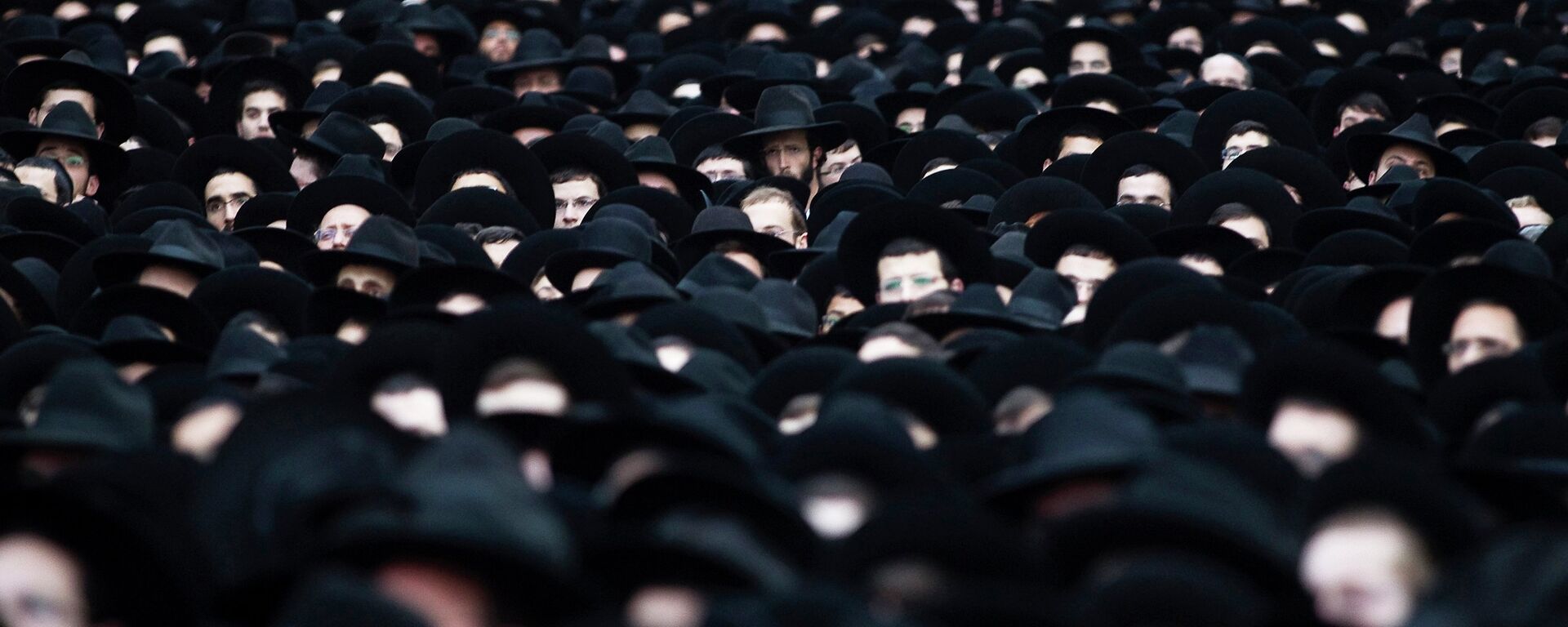It's been almost a week since Israel's High Court of Justice ruled that people who converted to Judaism through the Reform and Conservative movements must be recognised as Jews, thus granting them the possibility to immigrate to Israel and obtain Israeli citizenship.
Anger Continues to Mount
But the frustration of the Ultra-Orthodox community at that decision is not fading away.
Various leaders of the Haredi community have already vented their anger at the ruling. Ariyeh Deri, the chief of the party Shas, vowed to swiftly pass legislation to override that verdict, while another Ultra-Orthodox politician, Uri Maklev, stated that the court's "interference" would hurt Jewish traditions.
The anger, however, didn't end there. Two days after the decision, one of the nation's leading Ultra-Orthodox parties, United Torah Judaism, released a video featuring dogs wearing yarmulkes and saying that for the Reform and Conservative movements even animals with a Jewish identification would pass as Jews.
End of Monopoly?
Dr Shuki Friedman, Director of the Centre for Religion, Nation, and State at the Israel Democracy Institute, explains that anger by pinning it on two main factors.
"The first reason is practical. The Ultra-Orthodox don't want a challenge and they don't want competition, as right now they have been the ones enjoying a monopoly when it comes to religious affairs such as marriage and divorce".
And the second reason, thinks the expert, is the Haredis' genuine fear that those who will be coming to Israel will not be Jewish enough.
Israel's Law of Return, passed in 1950 and amended 20 years later, stipulated that the right of return was not only for those born to a Jewish mother and who converted, but also to spouses of Jews or those who could prove they had Jewish relatives.
Yet, they were able to swallow that bitter pill simply because they still retained a monopoly on religious matters and they were also the ones who decided on conversions, a long and laborious process that adheres to strict religious rules.
The Reform and Conservative movements have tried to stand up against that monopoly of the rabbinical court, shortening and simplifying the conversion process. Their attempts have largely been futile. Now, however, with the High Court ruling in support of their cause, the status quo has been given an additional blow.
Nevertheless, Friedman believes the court's decision does not signify a breakthrough. It was "merely symbolic" and will not bring about "any major change".
What it will cause, however, is a further divide between the judiciary and the liberal circles they represent and Israel's conservative politicians, who've already vowed to fight what they see as the court's "interference" in the political affairs of the Jewish state, which at the moment is in the throes of a hotly-contested election campaign.
"I don't think that the ruling [in the middle of the campaign] was intentional. But it did raise the question of what the role of the court is. The decision can certainly aggravate the gap between the two camps even further and what it can also do is that it can be used by politicians against the judiciary".



